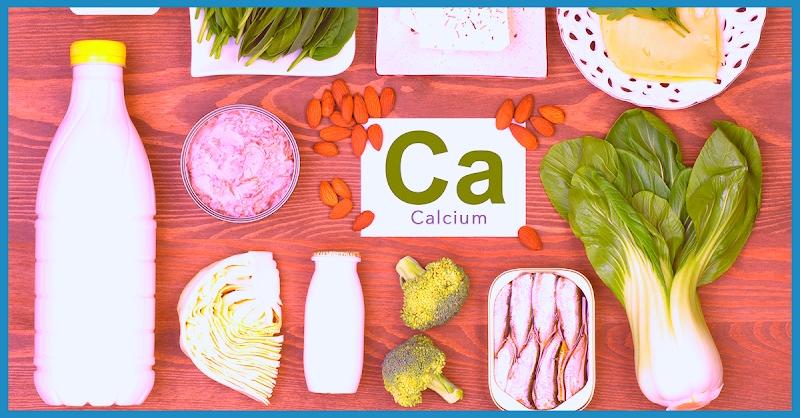Are you curious to know what is deaddiction? You have come to the right place as I am going to tell you everything about deaddiction in a very simple explanation. Without further discussion let’s begin to know what is deaddiction?
What Is Deaddiction?
Deaddiction, often referred to as detoxification or rehabilitation, represents a critical process aimed at helping individuals overcome addiction to substances or behaviors detrimental to their physical health, mental well-being, and overall quality of life. It involves a series of interventions, therapies, and support systems designed to eliminate addictive behaviors, manage withdrawal symptoms, and facilitate the journey toward recovery and a substance-free life.
Understanding Deaddiction
- Scope of Addiction: Deaddiction addresses various forms of addiction, including substance abuse (alcohol, drugs), behavioral addictions (gambling, internet addiction), and dual diagnoses involving mental health conditions alongside addiction.
- Withdrawal Management: The process often begins with detoxification, where individuals undergo supervised medical care to safely manage withdrawal symptoms as the body rids itself of the addictive substance.
- Therapeutic Interventions: Deaddiction programs incorporate various therapies such as cognitive-behavioral therapy (CBT), motivational interviewing, group therapy, family therapy, and holistic approaches to address the psychological, emotional, and social aspects of addiction.
- Relapse Prevention: Programs focus on equipping individuals with coping mechanisms, life skills, and strategies to prevent relapse and sustain recovery post-treatment.
Components Of Deaddiction Programs
- Medical Intervention: In some cases, medication-assisted treatment (MAT) is used to ease withdrawal symptoms and manage cravings during the detoxification process.
- Therapeutic Support: Individual and group counseling sessions help individuals explore the root causes of addiction, develop coping strategies, and rebuild life skills to maintain sobriety.
- Behavioral Modification: Behavioral therapies aim to change patterns of thinking and behavior associated with addiction, promoting healthier habits and decision-making.
- Holistic Approaches: Some deaddiction programs incorporate complementary therapies like yoga, meditation, art therapy, or mindfulness practices to support overall well-being.
Role Of Support Systems
- Family Involvement: Involving family members in the deaddiction process can provide crucial support and help create a conducive environment for recovery.
- Peer Support Groups: Participation in support groups like Alcoholics Anonymous (AA), Narcotics Anonymous (NA), or other community-based groups fosters peer support, encouragement, and accountability.
Challenges And Considerations
- Stigma and Barriers: Overcoming the stigma associated with addiction and seeking help remains a significant challenge for individuals seeking deaddiction services.
- Long-term Recovery: Sustaining recovery post-treatment requires ongoing support, lifestyle changes, and addressing underlying psychological or social triggers.
Conclusion
Deaddiction represents a multifaceted journey toward recovery, encompassing medical, psychological, and social aspects to help individuals break free from addiction’s grip and rebuild their lives. By integrating various interventions, therapies, and support systems, deaddiction programs aim to empower individuals to achieve sobriety, regain control of their lives, and embrace a healthier, substance-free lifestyle.
FAQ
What Do You Mean By Deaddiction?
Noun. deaddiction (uncountable) rehabilitation for the purpose of curing addiction.
What Is The Definition Of Addiction?
Addiction is defined as not having control over doing, taking or using something to the point where it could be harmful to you.
What Is Called Drug Addiction?
Drug addiction, also called substance use disorder, is a disease that affects a person’s brain and behavior and leads to an inability to control the use of a legal or illegal drug or medicine. Substances such as alcohol, marijuana and nicotine also are considered drugs.
What Are The 4 Elements Of Addiction?
To separate addiction from other neurological disorders, experts say that four factors must be present. These four factors, compulsion, craving, consequences and control, are unique to addiction alone and are classified as the 4 C’s.
I Have Covered All The Following Queries And Topics In The Above Article
What Is Drug De Addiction
De Addiction Therapy
De-Addiction Therapy Meaning
De Addiction Of Alcohol
De Addiction Wikipedia
De Addiction Meaning In Hindi
Deaddiction Ppt
De Addiction Synonyms
What Is Deaddiction



